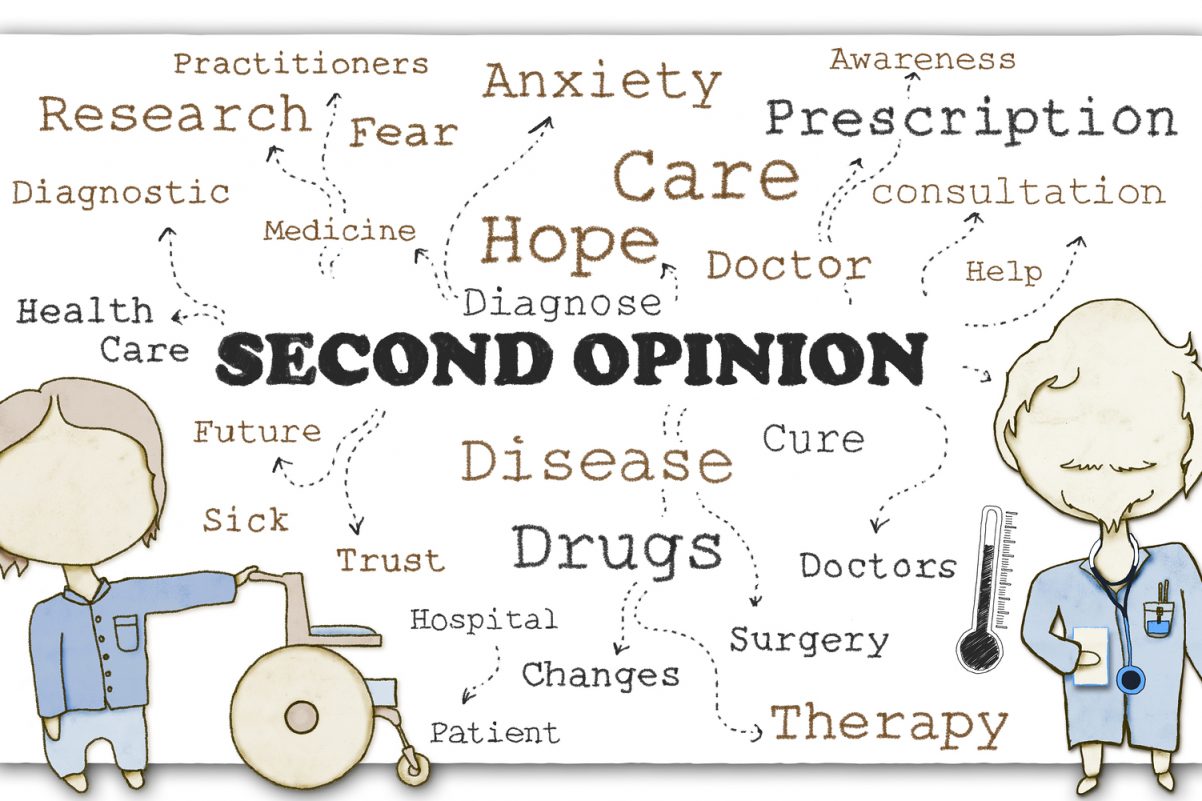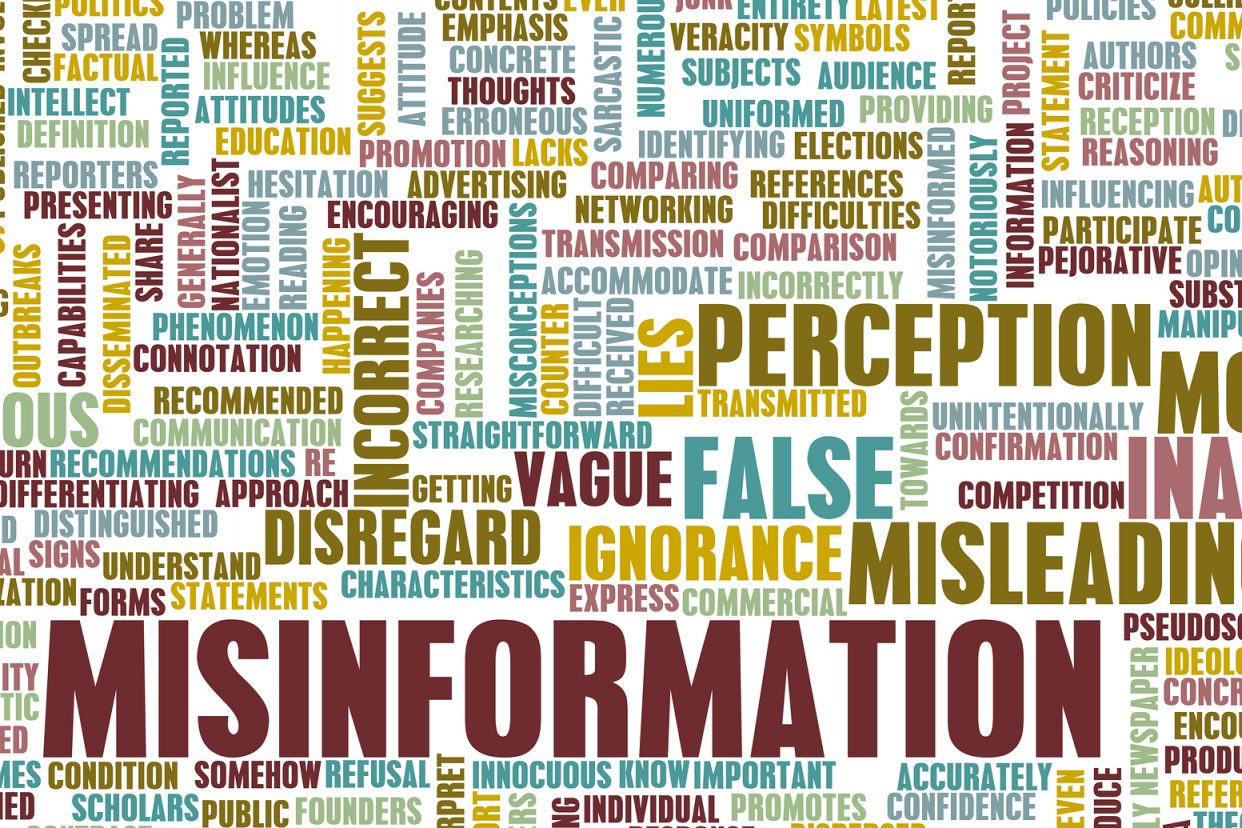The day starts with email, the first from a patient in panic. She checked her labs on our online “patient portal” and noted, to her horror, that the kidney function blood test, BUN, “is too low, very low, in the danger range.” I type back the, hopefully, reassuring answer that low is good and that there is no such thing as “too good” kidney function. I cannot help but wonder why patients check tests they do not understand; it is a control sort of thing. Time for the first cup of coffee.
Review the list of appointments. The afternoon promises a couple tough conversations about deteriorating CT scans. I have not seen Rob’s lung biopsy result; must get the report before he arrives. Send a text to Rajiv’s liver surgeon, asking him to clarify the plan. Find out what is holding up the ablation on Malcolm. Suppress the urge to throw something when I learn the order is lost. Write chemo instructions for Marge and an insurance appeal for Mel.
Enjoy breakfast, Greek yogurt; go thru yesterday’s labs, approve today’s treatments, and make the first phone calls. Complete an application for a genetic research study. Write those narcotic prescriptions. Call Ester, who at 84 lives by herself, and had a fever on Monday. She is fine. Sign a pile of Medicare forms.
8:00; the first patient is ready in Room 3. Apparently, I am not fully engaged, because as I am trying to look, listen and sign into the computer, she stops talking. “I can wait until you are done sending that “instant message.” Note to self; set up the EMR before patients arrive … and drink more coffee.
Mark is very happy that his PET/CT shows a complete remission. On the other hand, he notes that steroids have turned him into “abs of flab and buns of butter.” The good news, he says, is that it cured him of “bull-enema” (an unfamiliar malady, but I suspect involves venting from both ends). We discuss exercise, diet and getting a personal trainer.
Ruth is sad. She has been fighting cancer for years, and treatment after test after side effect after doctor visit, is simply too much. “It is like having a bear stuck to you.” We adjust her antidepressants and confirm she is still seeing the counselor. I give her a list of local support groups and we talk about family.
My daughter calls, on her way to work. When I was babysitting last night I forgot to return my grandson’s day-care bag, misplaced the favorite sleeping doll, got juice on a bedtime book and opened the wrong box of diapers. I hope that I have not forgotten as much about the practice of medicine as I have forgotten about childrearing.
At 11:16, I receive a bizarre call from the hospital. A nurse informs me “Room 16 has expired.” As I am not certain whether this is a medical issue or notification regarding outdated supplies, I ask, “do you mean dead?” “Yes, Room 16 is dead.” “Do you mean that the patient in that room is dead?” “Yes.” “Who is the patient in that room?” There is a painfully long pause. Then, slowly, she spells the patient’s last name, never actually pronouncing it, as if the word might curse the deceased. “What is the first name?” Again, she spells the common four-letter name. Not wishing to prolong the agony much longer I ask. Is the family still there? Are they OK? “Yes,” I am told and the phone itself goes dead. Fitting closure.
69-year-old Christine is in to check her blood thinner. She is, as always, dressed to the nines. Hair perfect, slightly too short dress, lace stockings, four-inch black leather heals, diamond stud earrings and perfume which chokes the hall. I comment that she looks great. Christine responds, “honey, I may be a cougarette, but you are just too old.” Just when I thought grey was distinguished.
Harriet is glowing. Her secret? She finally took my advice and got a cat. She spends our time talking about pee on the carpet, a chewed up sofa and showing me pictures of tiny eyes. Note to self; buy all patients a puppy or kitten. Do they come by the case? Is a dozen felines, 12 or 13?
I often ask my patients about their diet. Case-in-point, my 1:00 appointment, Sandra. Sandra eats only ice cream. I am not kidding; she drinks only tea and eats just ice cream, mainly mint-chocolate chip. While I am a fan of frozen dairy deserts for cancer patients who are having trouble eating, I generally do not suggest Haagen-Dazs as sole source of nutrition. Today, Sandra wants to know if a daily slice of pizza will give the right balance.
Tough visit with Karl and wife. This is the third time they have come in to demand I order an unproven chemotherapy for his demented terminal father. They produce an article from the Internet about how the treatment saved a man in Europe. They give me a notarized typed letter signed by both of them, as well a never-seen sibling, taking responsibility for complications. They command me to act. I explain, again, that I will not order a non-indicated therapy and that while patients may request care, they cannot order a doctor to give it. Not happy campers.
Betty is in with six family members in tow. This is just a routine visit, nothing going on, but they always come in together. They are loving, engaged, funny, informed. They simply care. It occurs to me that in life, you reap what you sow.
The day flies by. Good news and bad. Paperwork and email. Smiles and tears. A bone marrow here, a sling there. More narcotics.
5:45 pm. Last appointment.
Maude. 92-years-old. Frail. Thin. Chronic leukemia on oral chemo.She never complains, in fact rarely says a word. I get any information from her daughter. Same thing, today; Nods. Shrugs her shoulders. Gown on. Gown off. Ready to go.As her daughter leads, out of the exam room, Maude stops, reaches out, and touches my hand.
“Dr. Salwitz,” she whispers, “I have a problem.”
“How can I help?”
“Its kind of personal.”
“OK, I am listening.”
“Its, its, well its down there.”
“What is the problem?”
“Well, the truth is, I have a congested ass.”
I have no answer. Time to go home.







7 Comments